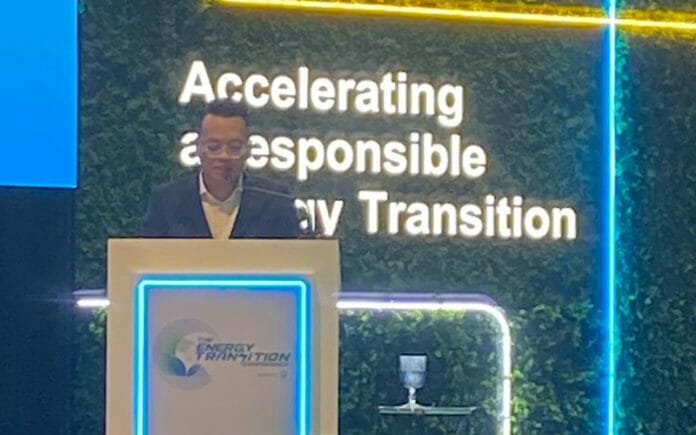Minister of National Resources, Environment and Climate Change Nik Nazmi said that under the Paris Agreement, Malaysia has pledged to reduce its greenhouse gas (GHG) emissions intensity per unit of gross domestic product (GDP) by 45% by the year 2030.
He quoted the latest “World Energy Transition Outlook” report by IRENA which indicated that renewable energy (RE) and energy efficiency can, in combination, provide over 90% of the necessary energy-related CO2 emission reductions target under the Paris Agreement.
“It is important that Malaysia, in its pursuit of economic growth, balance its developmental objectives with environmental sustainability through efficiency in energy supply and demand. The government in May this year announced an enhanced energy target of achieving a 70% power installed RE capacity in 2050 from the existing 25%,” said Nazmi.
According to him, Malaysia has hit the ground running in ramping up the energy transition. The nation has begun the transition to targeted electricity subsidies as evidenced through the electricity tariff adjustments.
Certain rules have also been relaxed to allow more domestic users, factories, and offices to fully optimise the utilisation of solar power towards achieving their ESGs commitments.
Simultaneously, the nation will be working on phasing down and ultimately phasing out existing coal power plants. This shall enable Malaysia to have in place a lower carbon energy system as a precursor towards our net-zero aspiration.
The six power-related catalytic projects announced previously under National Energy Transition Roadmap (NETR) are among the initiatives that will contribute towards the 70% RE target and hence Malaysia’s future economic competitiveness.
This will entail much-needed investments in grid development, strengthening and modernisation. It is estimated that approximately RM180 billion up until 2050 is required to develop a robust, flexible grid.
“I was informed that TNB’s current Grid system performance is already at par with developed economies, with 0.18 System Minutes and a SAIDI of 45.06 minutes. To ensure we remain a cut above, further upgrades to the grid system in facilitating the intended energy transition is necessary,” he said.
Nazmi also urged TNB to provide the government with a “Grid Development Roadmap for Higher RE Integration” as a technical guide in enhancing and fine-tuning the implementation of sustainable energy policies and initiatives.
This should take into account the expansion of electric vehicles and data centres, cross-border power integration and the greater deployment of RE projects, including those announced under the NETR.









